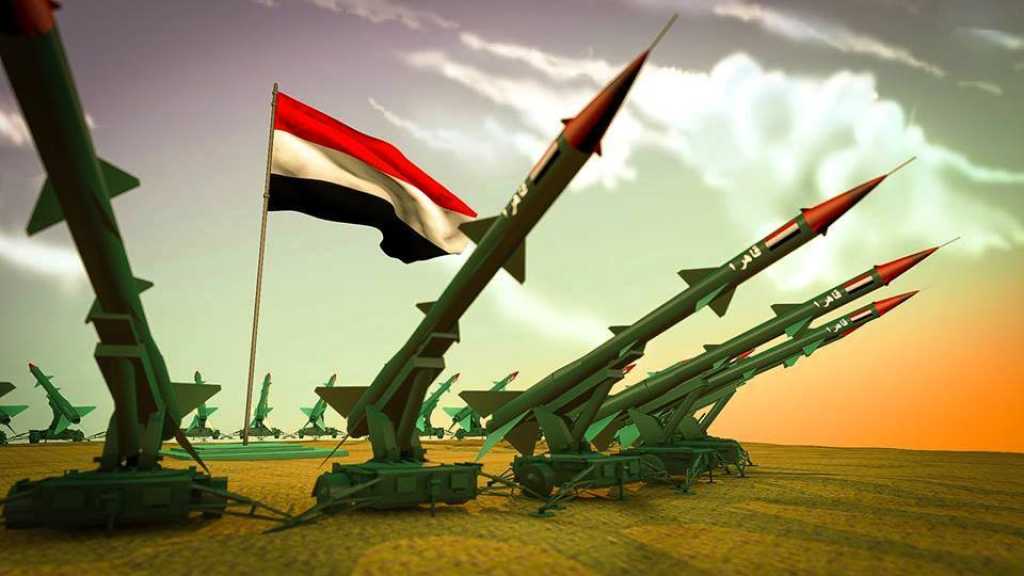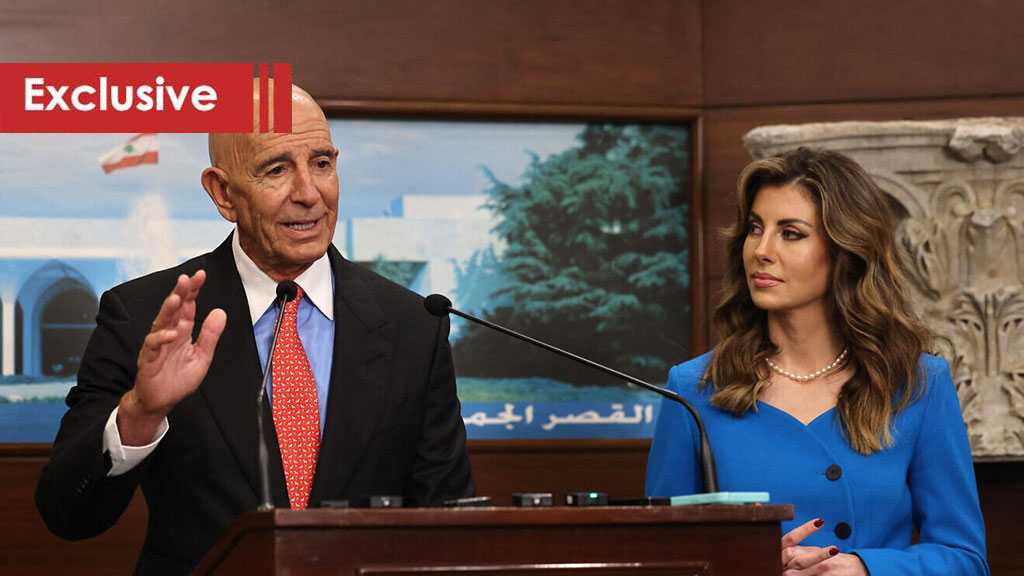
Trump’s Gulf Visit: Business Over Democracy, Power Over Principle

By Moahamd Hammoud
A Lavish Welcome for a Contemptuous Guest
Lebanon – It was a surreal spectacle—Donald Trump was received like royalty by aging monarchies desperate for relevance. In gilded palaces and under the shadow of repression, Gulf rulers vied to flatter a man who had long mocked them as oil-rich autocrats. Now, those same regimes were showering him with honors. They rolled out gold-plated welcomes for the man who once boasted about "milking" them for profit and mocked world leaders for "kissing my ass" to secure deals. And yet, here they were—kneeling before him, signing billion-dollar checks, while just beyond their palaces, Palestinians were being slaughtered in Gaza.
Trump wasn't wrong about "milking" them. Within hours of arriving, Trump secured a $600 billion investment commitment from Saudi Arabia, including a $142 billion arms deal.
The next day in Qatar, eager to outdo its neighbors, Trump announced another $1.2 trillion in economic agreements, highlighted by a $96 billion aircraft purchase from Boeing and additional pledges for airbase infrastructure and military cooperation. The Qatari government even offered Trump a Boeing 747-8, valued at nearly $400 million. While Trump called it a temporary gift, such a gesture raises serious concerns about foreign influence, especially under the US Constitution's emoluments clause. What else Qatar promised him behind closed doors remains undisclosed. Still, the implications are unmistakable: these staggering deals reveal a foreign policy driven not by democratic ideals or human rights but by personal and financial ambition.
Business First, Not America First
Officially, Trump's Gulf tour was framed as a diplomatic mission. In reality, it was transparently about reviving his personal brand and expanding his family's business empire. The Trump Organization has deep financial ties to the Gulf, with branding deals in Saudi Arabia [including a Trump Tower in Riyadh and a $530 million residential project in Jeddah], a golf resort in Qatar and a $1 billion hotel and tower in Dubai. These ventures, overseen by his sons Eric and Donald Jr., continue to yield enormous profits, raising glaring conflicts of interest.
Adding to these concerns, just before his departure, Trump's organization announced a significant $2 billion cryptocurrency partnership with an investment fund backed by Abu Dhabi. This further blurred the lines between personal gain and international diplomacy. As NYU professor Mohamad Bazzi astutely observed, Trump's repeated Middle East tours appeared less about genuine diplomacy and more about "drumming up business for his own family," leveraging his political platform for private enrichment.
The Gaza Silence and "Israel's" Free Pass
While Trump collected checks and posed for photographs, the humanitarian catastrophe in Gaza escalated. Over 64,000 Palestinians have reportedly been killed since October 2023, with major human rights organizations accusing "Israel" of war crimes and potential genocide. Trump remained silent. He issued no statements condemning the violence and made no effort to pressure "Israel."
Meanwhile, despite their vast financial contributions, Arab leaders have not dared to challenge Trump on this issue. Their public expressions of concern for Palestinian suffering are undermined by their actions, which reveal a quiet acceptance of the status quo. This inaction demonstrates their subservience in the face of American and "Israeli" interests.
Syria's Return and Trump's Reversal
Among the most surprising outcomes of Trump's Gulf visit was his dramatic reversal on Syria. For the first time in 25 years, a US president met with a Syrian counterpart—Interim President Ahmed al-Sharaa—signaling a new chapter in US-Syria relations.
Al-Sharaa, who came to power after Bashar al-Assad's ouster, courted Washington with a package of sweeping concessions. He offered American private and governmental investments in Syrian infrastructure, energy and defense, mirroring Ukraine-style guarantees with the World Bank and IMF backing.
However, this diplomatic engagement came at a steep price. Al-Sharaa agreed to what his predecessor vehemently refused: designating Iran's Islamic Revolutionary Guard [IRG] as a terrorist organization. Furthermore, he committed Syria to joining the Abraham Accords, formally recognizing "Israel" and ending decades of hostility. His concessions also included the deportation of Palestinian militants and a halt to all operations supporting them from Syrian territory. Additionally, he agreed to the destruction of remaining chemical weapons stockpiles and the revocation of non-Syrian Islamist appointments to top government positions. Al-Sharaa also pledged full cooperation with US counterterrorism efforts and assistance in locating missing journalist Austin Tice. Finally, he agreed to collaborate on border security with Jordan, Lebanon, and Turkey under international oversight to manage refugee flows.
These moves allowed Trump to claim a "historic deal" and justify lifting sanctions while repositioning Syria as a US partner. It also allowed him to counter Iran's regional influence without resorting to military action.
Conclusion: When Business Becomes Policy
Welcomed like a king by autocrats he once scorned, Trump turned diplomacy into a profit-making spectacle. The Arab world's desperation for American arms and favor has exposed their willingness to ignore Palestinian suffering and embrace transactional politics.
By reversing his stance on Syria in exchange for economic and strategic concessions, Trump demonstrated that principles have no place in his approach to foreign affairs. As long as the money flows and contracts are signed, war crimes are forgotten, autocrats are legitimized and the oppressed are silenced.



